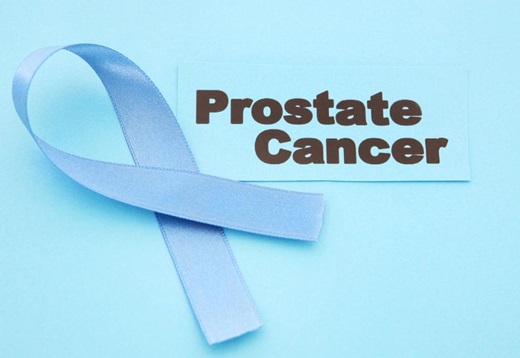Prostatectomy: What to Expect During Surgery and Recovery
Reviewed By:
If you’ve been diagnosed with prostate cancer , your doctor will consider many factors before recommending the best treatment. For many men, that may mean a prostatectomy. In this surgery, doctors remove the entire prostate.
The Johns Hopkins Hospital performs more of these procedures than almost anywhere else in the world. One of the most common questions they hear from patients: “What should I expect after surgery?”
Johns Hopkins urologist Mohamad Allaf, M.D. , explains the surgery and recovery.

Prostatectomy Surgery Basics
At Johns Hopkins, doctors use the latest techniques to perform prostatectomies. There are two approaches surgeons can use when performing a prostatectomy. In both of these approaches, the end goal is the same — remove the prostate and destroy the cancer.
- Robotic surgery : Tiny incisions and robotic technology help doctors perform a precise, minimally invasive procedure with faster recovey time and smaller incisions.
- Open surgery : This approach uses traditional incisions and tools. For more complex circumstances, an open surgery may be a more appropriate option than a robotic surgery.
A prostatectomy takes about two hours. You will be under general anesthesia, so you’ll be completely asleep. During the surgery, your doctor will:
- Make a small incision to gain access to your prostate.
- Remove the prostate.
- Reconnect the bladder to the urethra, the tube that carries urine outside of the body.
- Connect a catheter to the bladder, which allows urine to drain while the area heals.
After Prostatectomy: What to Expect
At the hospital : You should expect to be in the hospital for one night. At Johns Hopkins, all rooms on the urology floor are private. Here, nurses help patients get moving shortly after surgery to prevent blood clots and other postoperative risks.
First few days at home : After you’re sent home, you might find that regular ibuprofen or acetaminophen will be sufficient pain management for the first few days. If over-the-counter medications aren’t enough, your doctor can help you with alternatives.
One week after surgery : After your surgery site heals, your catheter will be removed. This is usually seven to 10 days after surgery. This can easily be done at your doctor’s office. Some people decide to take out their catheter at home. If that’s the case, ask your doctor for instructions first.
This is also about the time your surgeon will call you with the final pathology results. He or she will discuss what you should know and whether further treatment is necessary. (Many men do not need any more treatment.)
One month after surgery : Doctors recommend no strenuous activity or heavy lifting for at least one month after surgery. Most people take off work for three to four weeks. If you work from home, you could return to work sooner.
By one month after surgery, your life should start getting back to normal. Some men experience side effects, including:
- Urinary incontinence (urine leaking)
- Erectile dysfunction
Recovery from surgery takes time. These side effects are often temporary. However, if they are affecting your quality of life, ask your doctor about options that can help.






